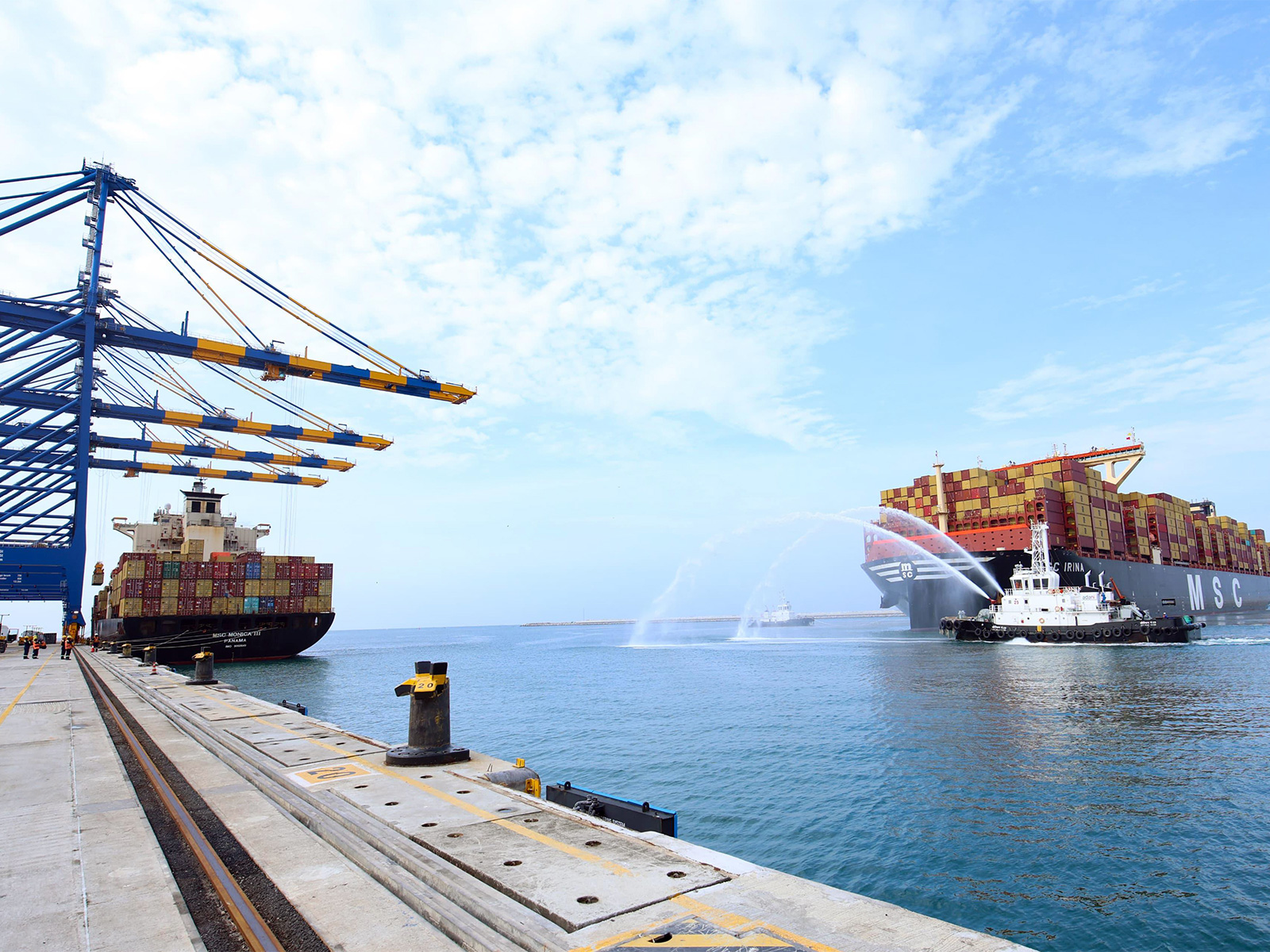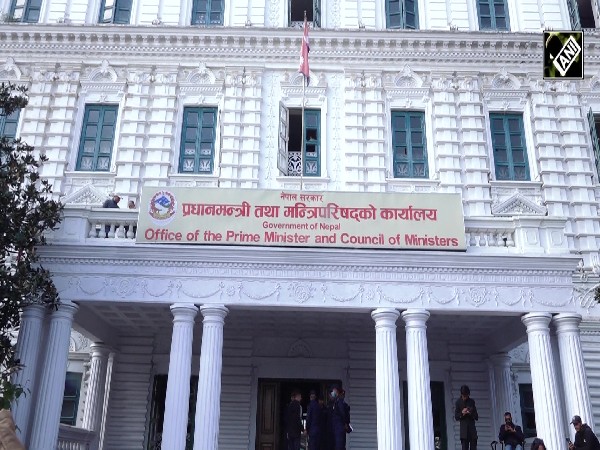Covid-19 to increase importance of funding diversity for infrastructure: Moody's
Jun 30, 2020

Singapore, June 30 : Funding diversity in Asia Pacific infrastructure sectors will be enhanced beyond historical levels after the coronavirus pandemic, according to Moody's Investors Service.
Institutional investors will have more opportunities to provide much-needed financing because other funders may lower the provision of incremental financing, it said in its latest sector in-depth report on infrastructure and project finance.
Only five per cent of the nearly 200 rated infrastructure companies in the Asia Pacific have high exposure to the virus. Moody's said it expects lower infrastructure financing volumes given a pullback from the private sector resulting from uncertainties in the macroeconomic situation and government responses to contain the virus.
These uncertainties also lead to delays in infrastructure projects and generally put pressure on banks' loan books. As a result, the appetite for incremental long-term financing from banks may be lower than pre-coronavirus levels.
Multilateral development bank (MDB) funding has increased in response to the pandemic but because MDBs play an important role in mitigating the economic and financial impact of the coronavirus pandemic on their borrowers, they are likely to focus on broader objectives than just infrastructure.
Moody's expects funding diversity will be enhanced because the long-term trends underpinning infrastructure fundamentals remain resilient. "We expect governments and other funding providers will further engage with long-term institutional investors to finance needed infrastructure investments."
Although the coronavirus pandemic is unprecedented, the effect on funding diversity in infrastructure could be positive. In past crises, infrastructure financing volumes have generally risen above historical values post-crisis.
The long-term trends are: massive infrastructure financing needs, including for climate resilience; the growing importance of environmental, social and governance risks to credit quality and investor decision-making; technological disruption; lower interest rates that further enhance the attractiveness of infrastructure; and trade realignment.
The infrastructure sector has attributes that are suited to institutional investors' strategic objectives. MDBs and policymakers play an increasingly key role in attracting private capital during these uncertain times.




















